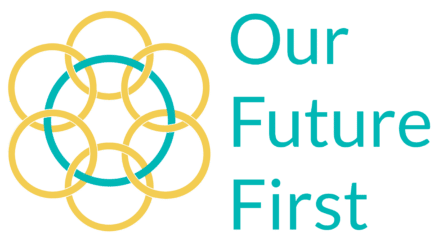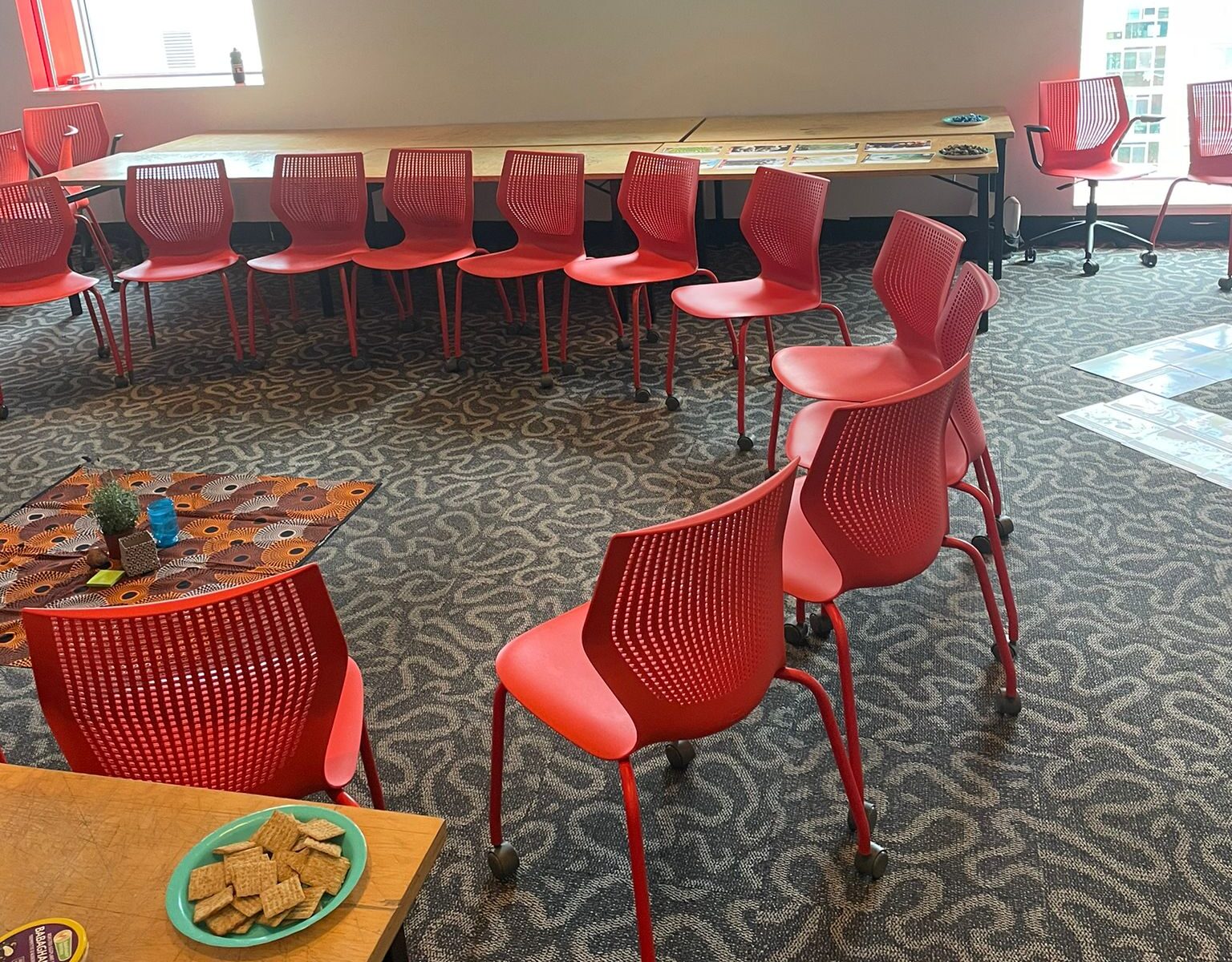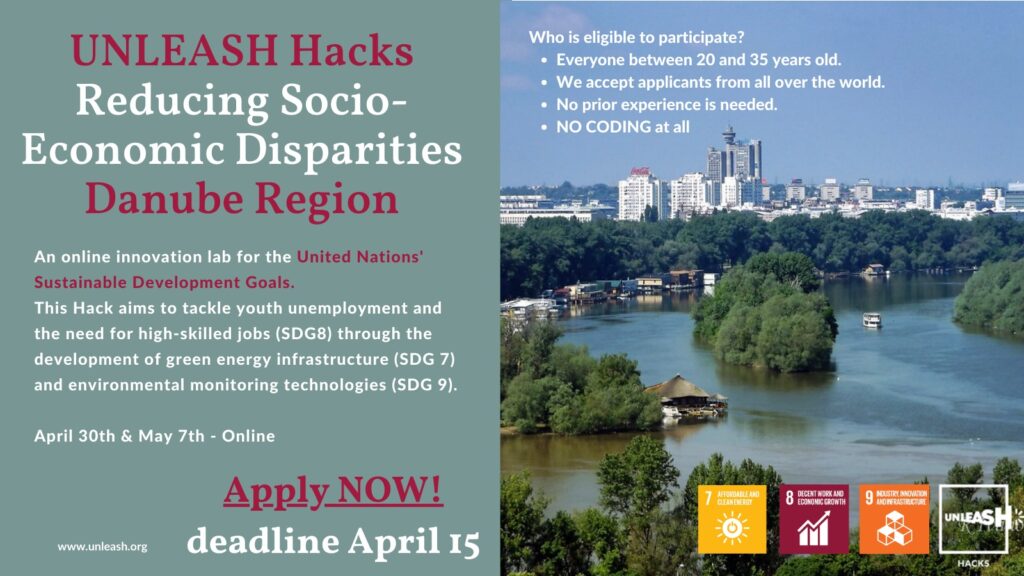In Flow for the Humber River was the second in a series of watershed-based dialogues in Toronto. These civic circles are designed to celebrate the rich Indigenous cultures of the city and to foster strong relations between the First Nations, Inuit, Métis and diverse people from around the world who call Toronto home by celebrating watershed based identities and actions that steward the lands and waters with an emphasis on Indigenous worldviews.
This gathering was made possible thanks to support from the Toronto Region Conservation Authority (TRCA) and Rotary District 7090 – via the Rotary E-Club for Social Innovation (RESI).
Toronto has been an important site for gathering, trading and celebration for Indigenous people for thousands of years. It is the treaty territory of the Mississaugas of the New Credit and its land and waters have been stewarded by the Haudenosaunee, the Huron Wendat and the Anishinaabe. The site of the gathering was situated outdoors, adjacent to the Humber River, past a Metrolinx development, and is part of the grounds hosting the Ceremonial Wiigiwaam (Bush Shelter / Grandmother’s Lodge) which is maintained by The Turtle Island Carers of Fire (TICOF) with support from Edge of the Bush and the City of Toronto through the Reconciliation Action Plan 2022-2032.
In Flow for the Humber took place on Sunday, November 17th, 2024. The promotion and delivery of the watershed based civic circle was organized by Our Future First. Indigenous partners, including TICOF ensured the gathering was centred on Indigenous teachings related to fire, water, and values.
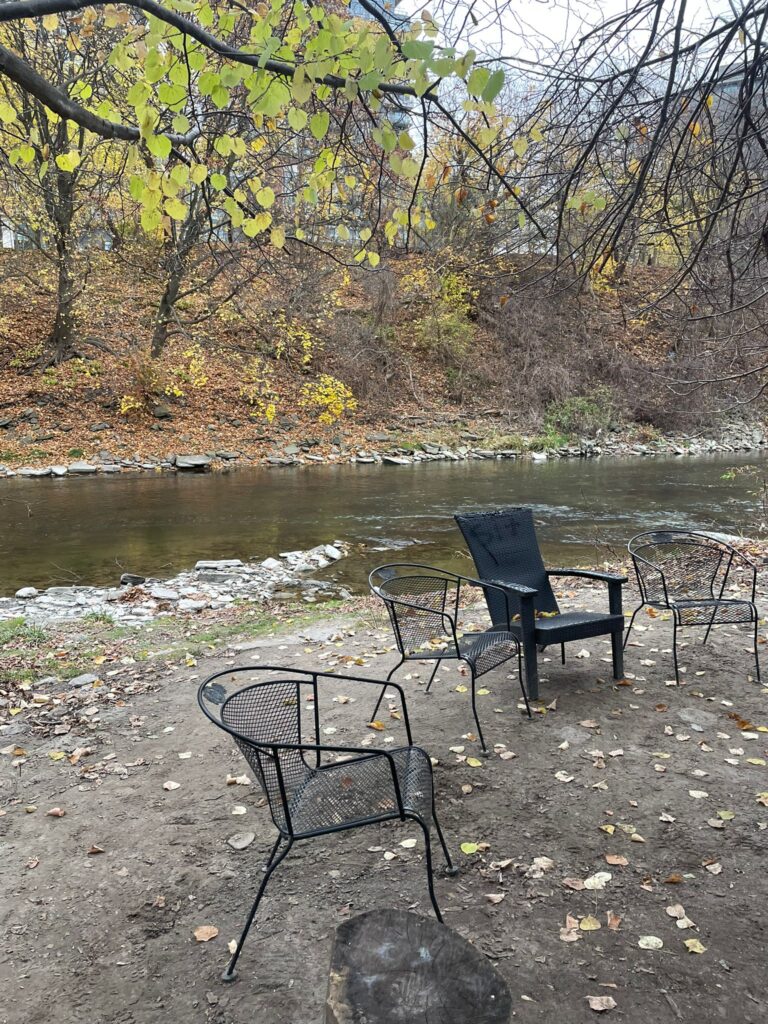

- The small group workshop setting allowed Indigenous and non-Indigenous participants to:
- Foster opportunities for long-term relationships, ideas, and dialogue around Indigenous culture with an emphasis on ways of being and doing related to surrounding ecosystems;
- Support meaningful engagement with Indigenous communities and watershed residents with a focus on ecosystem management and watershed planning (including source water protection);
- Discuss relationships to the watershed and provide feedback for the Humber River Watershed Plan (including key issues of concern, community needs, and priority actions to improve watershed health in relation to the Humber River Watershed Plan components);
- Develop participatory social infrastructure and skills for deliberative democracy through dialogue;
- Hold space for a felt sense of nonviolent communication, community building, and self-reflection;
- Strengthen community ties.
Summary & Key Messages
In the spirit of reconciliation, the gathering was opened with a personalized land acknowledgement. Before the ceremonial start, participants were asked to “vote” using Sustainable Development Goal (SDG) Community Input cards about “What could improve in the community?”. This was repeated at close with the question of “What would you like to amplify in the community?”. Once in the circle, a traditional opening, with ceremony and song, was led by Elder Tabitha and Jamie. No photos were permitted of the ceremonial space. Teachings pertained to what it means to be in good relationship with the land and waters, including cultural ways of showing gratitude to the waters.
- The dialogue round responded to:
- How does the health of our watershed impact our well-being?
- What actions can we take to protect, enhance, and restore our local watershed and ecosystems?
Attendees shared that they enjoyed meeting each other and witnessing the exchange of learnings about cultural and traditional teachings in the watershed circle. The importance of institutional support was emphasized e.g. the City of Toronto, with a simple action, has enabled healing through an Indigenous-managed teaching space.
The gathering was centered in the ethic of respecting each other’s values and lived experiences – speaking with humility and kindness. The conversation themes were broadened beyond ecosystem management and watershed planning components to reflect the diverse worldviews of those present. Participants shared that it was humanising and less of a conceptual exercise.
The conversation included personal experiences of adversity as systemic health and wellbeing challenges were shared and reiterated the importance of creating spaces for people to connect in nature — ones that are facilitated and can host engagement with ground rules for meaningful conversations. Participants felt that the format works as a starting point for deep, meaningful conversations about what a shared watershed identity could look like. By continuing to weave together a network of First Nations organizations, Indigenous communities, and watershed residents, a participatory social infrastructure forms to advocate for the development and implementation of watershed plans.
The current conditions and watershed trends as well as broader concerns were raised. Reflecting on the management framework and priorities for action for the Humber River Watershed Plan, the majority of respondents focussed on the themes of:
Social:
Promote health, healing, and wellbeing for all
Environment:
Grow seeds, food and soil through regenerative agriculture
Cultural:
Engage actively to protect communities and nature; Reconnect to nature and embrace low-impact lifestyles
Economy:
Commit to responsible production, consumption, and trade
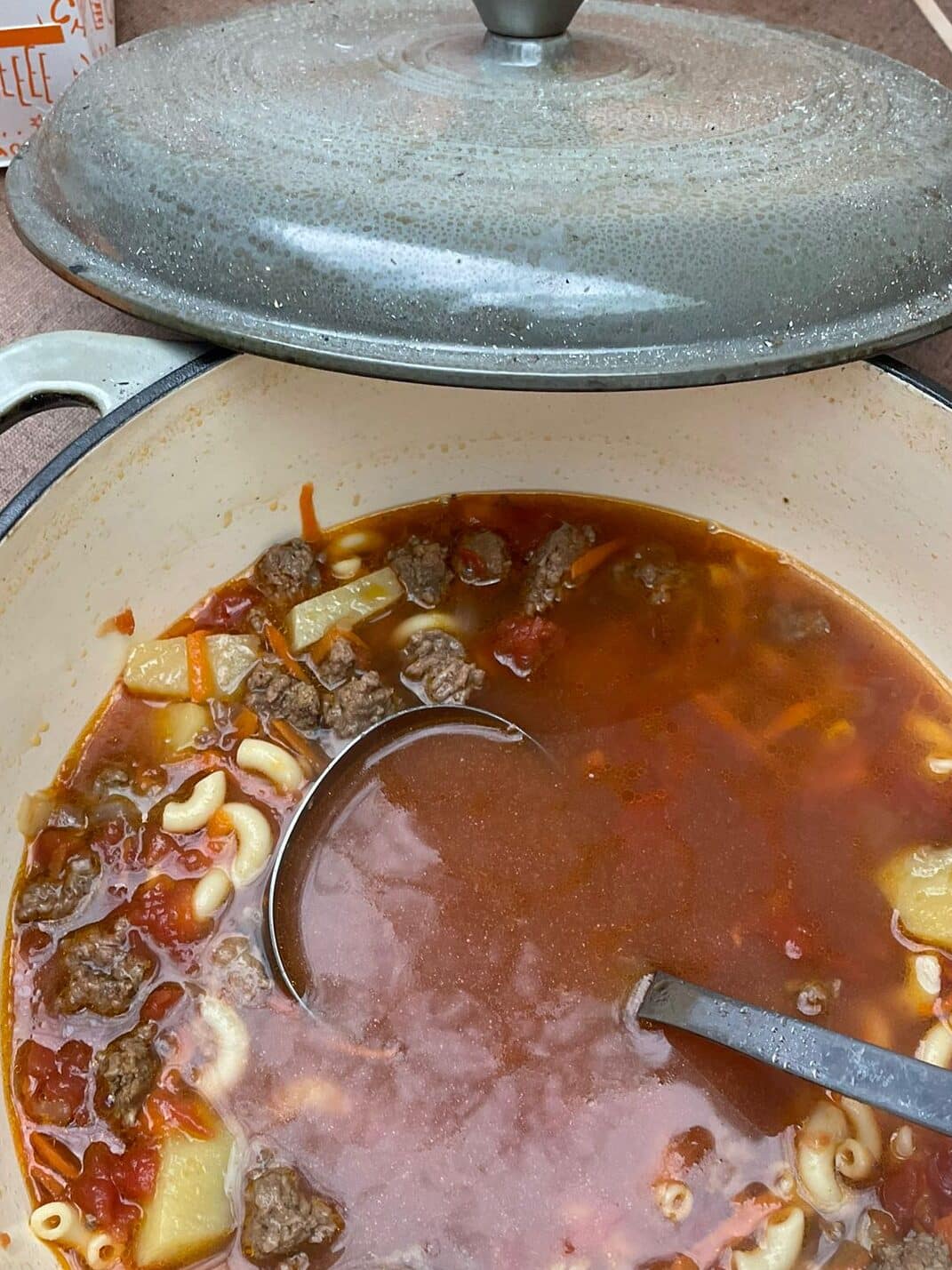
Get Involved
Interested in co-hosting a civic circle in your watershed or keeping informed of the In Flow series as it develops? Let us know below.
Want to co-host or stay in the know?
Join residents, artists, fire carriers, and water enthusiasts to share and explore how to help protect and restore our land and waters!
Sign up or learn more
Learn more about our process here: Casting Ripples: The potential for watershed based civic assemblies.

